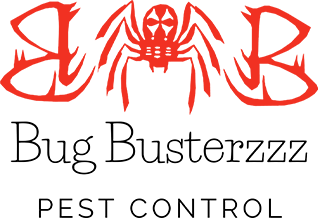Similar looking to field mice and closely related to hamsters, voles are small rodents that occasionally invade the yards of homeowners in the Augusta, ME area. Known for being skilled swimmers but poor climbers, voles tend to live the duration of their lives within an area that spans less than one-fourth of an acre—and possibly on your property.
Read on for more about voles and how to identify them, the damage they can do to your property, and tips on prevention.
How To Identify Voles
Voles have a round body with short legs, a small tail, and tiny eyes. They have coarse fur that ranges in color from grey to tan, reddish-brown, and dark-brown, and measure four- to nine inches long, on average, which includes their tail.
Voles are active both day and night and have a lifespan of three to six months. They do not hibernate during the winter and instead remain active. For shelter, voles dig underground burrows, something they also may do to navigate through snow.
Voles prefer to live in grassy, open areas, such as meadows and swamplands. This is convenient because voles primarily feed on plants and vegetables and prefer to eat grass, in addition to seeds, seedlings, tubers, bulbs, roots, bark, tree needles, alfalfa, clover, insects, and herbaceous plants.
How Can Voles Damage My Property?
Because voles spend much of their time underground in burrows, you may not notice their presence until they’ve already caused damage to your property. A few signs of property damage caused by voles include:
- Holes in the lawn that are clean, round, and measure about 1.5 inches in width.
- Gnaw marks are found along the bottom of trees or plants.
- Fruit trees that are delayed or don’t produce any fruit due to damaged roots.
The most extensive destruction that voles can do is damage and kill plants and trees in your yard. Voles chew on tree roots, which will ultimately kill affected trees. In gardens, they chew on the roots and crowns of herbaceous plants, particularly parsley and celery. Much of the damage to lawns that voles cause occurs in the winter and is the result of voles eating the grass down to its crown. This is made worse by vole traffic, or the amount and frequency of voles traveling to and fro, and the buildup of their excrement.
Tips On Preventing Voles From Invading Your Property
Due to their small size and underground lifestyle, it’s extremely difficult to get rid of voles on your own. The most effective way to remove voles from your property, for good, is with Bug Busterzzz Pest Control, but following these three tips may help prevent them from returning:
- Maintain A Clean Yard: Taking the time to clean debris from your yard can go a long way in preventing voles. Removing fallen branches and leaves offers them less covered areas to hide while picking up and discarding fallen fruit and berries offers them less food.
- Consider Natural Vole-Repelling Plants: There are a few plants that naturally deter voles and may be helpful to plant in your yard as an added deterrent. Vole-repelling plants include daffodils, grape hyacinths, and Italian arum.
- Use Gravel Buffers And Fencing: While fencing can help protect your yard as a whole from voles, gravel buffers can offer added protection for your garden.
Bug Busterzzz Pest Control offers comprehensive home pest control solutions for homeowners in Augusta, which includes our Green Advantage Plan, an eco-friendly service plan including two yearly visits, along with free re-treatments and spot treatments for the interior of your home. If you suspect voles are invading your property, call the professionals at Bug Busterzzz Pest Control today.

